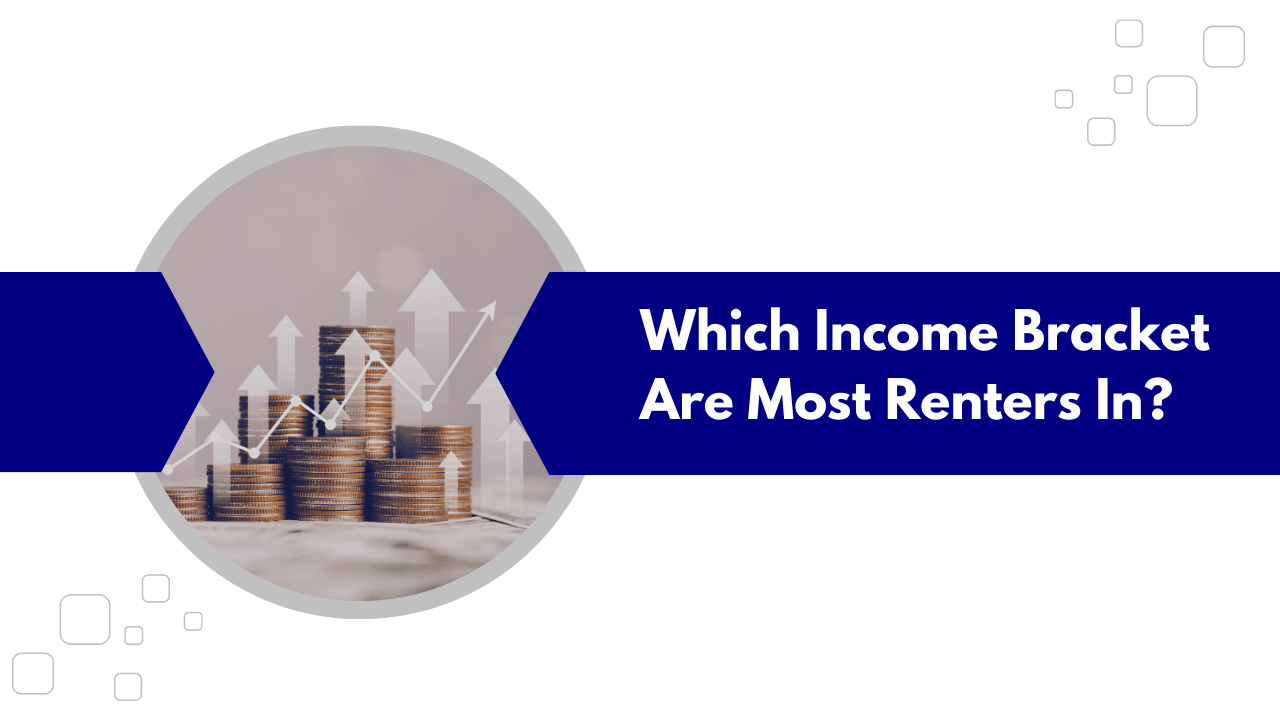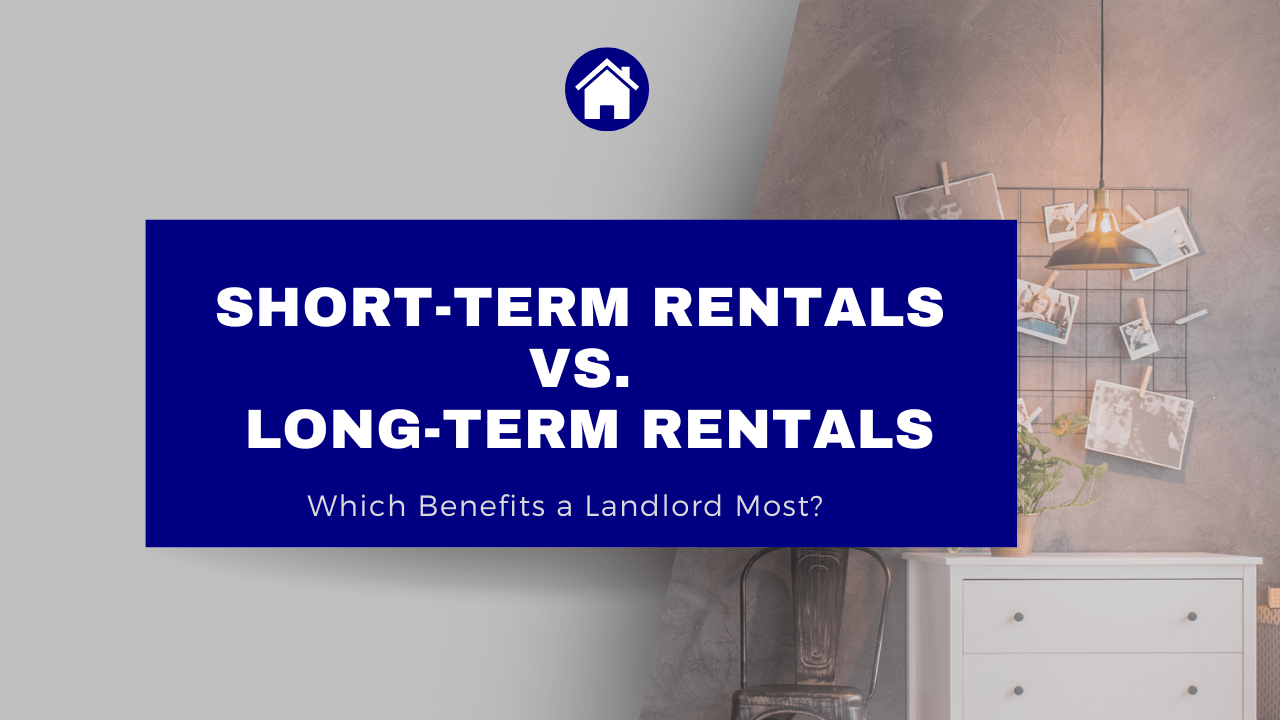To effectively
rent out a property, you need tenants who can afford to live there.
On-time rental payments are important to your profitability. Have you ever wondered about the income of the average
tenant in Sacramento?
We have some data to share about what people are earning and why they’re renting.
Sacramento Incomes are Rising
According to the U.S. Bureau of Labor Statistics, in 2023, the average hourly wage for Sacramento residents was $34.96. This is more than $3 per hour higher than the national average. The median household income in Sacramento, according to the U.S. Census, was $78,954 per year in 2022.
Recently, higher paying jobs have arrived in Sacramento, which means the average resident might be making a bit more than these numbers suggest. We also know that even as incomes have risen, so has inflation, making things (including housing) feel a bit less affordable, even if there’s more money coming in.
The U.S. Census Bureau also tells us that just over 50% of households in Sacramento are occupied by the home’s owner. This leaves a little less than half of the population renting.
Income Brackets Matter to the Rental Market
Income levels largely dictate renters’ housing preferences. Renters in higher income brackets may be drawn to upscale amenities and single-family homes in gated communities, while those with lower incomes often prioritize cost-effectiveness and accessibility.
By studying these trends, investors can gain insights that help them select the right properties for target markets.
In and around Sacramento, lower-income renters might make less than $40,000. This income bracket often forms a significant portion of many rental markets, especially in metropolitan areas with costly housing markets. These tenants tend to focus on rental properties with modest features but good proximity to public transportation, jobs, and schools.
Middle-income renters tend to earn between $40,000 and $75,000. They represent households with stable salaries, often working individuals or dual-income couples. They are often looking for well-maintained properties with modern conveniences,
good neighborhood amenities, and reasonable commutes to work. This group tends to have slightly higher expectations for property quality but is budget-sensitive.
Plenty of people earning more than $75,000 still prefer to rent a home rather than buy one. Higher-income renters make up a smaller share of the rental market but typically they prefer flexibility, minimal maintenance responsibilities, and proximity to city centers.
Building Your Real Estate Strategy Around Renter Demographics


















